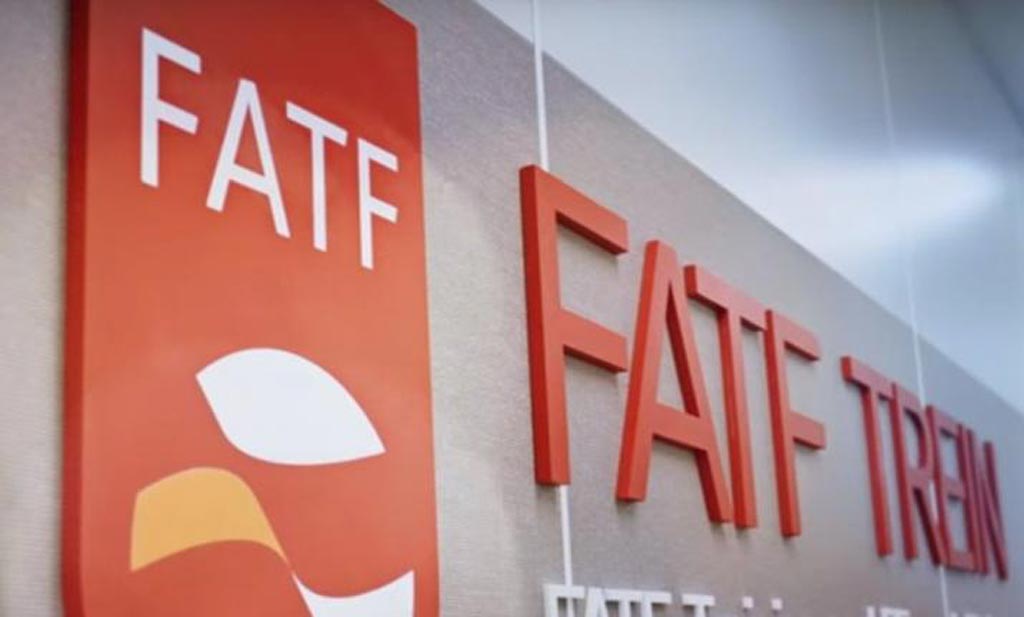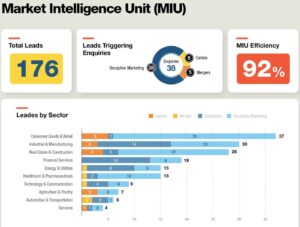FATF keeps Pakistan on ‘Grey List’ till June 2020
3 min read
PARIS: The Financial Action Task Force (FATF) on Friday announced that it was retaining Pakistan on the ‘grey list’ till June, giving it another four months to fully comply with the goals.
The global terror-financing and money-laundering watchdog made it clear that it hoped Pakistan would completely achieve all the targets by the next plenary meeting in June 2020, when it would analyse the country’s compliance on its recommendations.
Pakistan, the Paris-based body noted, has made satisfactory progress on the action plan and has complied with nine additional goals. It said it acknowledged Islamabad’s top-level resolve to adhere to the targets.
Most of the FATF’s member states voted in favour of keeping the country on the grey list for now and monitor progress on the new targets in the June plenary meeting.
Pakistan vowed to achieve the remaining targets and has set up a strategy in this regard, it added. Decisions on Iceland and Mangolia were also announced.
Earlier, the global watchdog held a five-day meeting to review Pakistan’s progress towards the implementation of its 27-point action plan. In the ongoing session in the French capital, more than 200 delegates were present.
It was reported that as per the FATF, Pakistan was actively implementing the action plan. It had found Pakistan ‘fully compliant’ on 14 of the 27 action plan points, showing gradual progress to comply with all of its conditions.
FATF has given Pakistan more time to implement action plan, Chinese official confirms
A Chinese official on Friday revealed that the Financial Action Task Force (FATF) had, after its latest plenary meeting, decided to allow Pakistan more time to continue implementing the action plan prescribed by the watchdog.
Chinese Foreign Ministry spokesperson Geng Shuang made the revelation at a press briefing after he was asked whether China’s position on Pakistan in the matter had changed.
“Pakistan has made enormous efforts in improving its counter-terror financing system, which has been recognized by the vast majority of FATF members at its latest plenary meeting concluded on February 20 in Paris,” Geng had stated in response.
“It was decided at the meeting that Pakistan will be allowed more time to continue implementing its action plan,” he added.
The spokesperson was responding to a question about reports from Indian publications that had claimed that Beijing will be joining India and other countries in ‘sending a strong message to Pakistan’ and urging it to ‘fulfil the commitment to fight terror financing and money laundering’.
Pakistan likely to avoid blacklist
On Thursday, following deliberations during the February plenary meeting, it was reported that Pakistan would likely avoid being blacklisted.
Pakistan, in this regard, had obtained the approval of three major influential FATF member countries — Malaysia, Turkey, and China — that voted in favour of Islamabad avoiding the blacklist during the five-day plenary meeting.
In the last four months since October 18, 2019, Islamabad took action against groups engaged in terrorism financing and worked quite hard in complying with the Paris-based watchdog’s conditions.
In addition, the arrest and sentencing of outlawed group Jamaat-ud-Dawa’s (JuD) chief, Hafiz Saeed, to five years and six months in two cases has effectively added to Pakistan’s international standing.
Pakistan narrowly avoiding the blacklist would also improve its economic position around the world.
In the four months since the last meeting, Pakistan bolstered its monetary system, made efforts to curb money-laundering and terrorism financing, and worked on the implementation of laws made back in 2010 and 2011.
Moreover, there has also been commendable inter-provincial level coordination between the Financial Monitoring Unit (FIU) and the Federal Board of Revenue (FBR), efforts to enhance the tax system, bump in the foreign exchange reserves, and reduction in illegal outflow of money.
Pakistan was placed on the grey list in June 2018 and was given a plan of action to complete by October 2019 or face the risk of being placed on the watchdog’s blacklist, along with Iran and North Korea.





